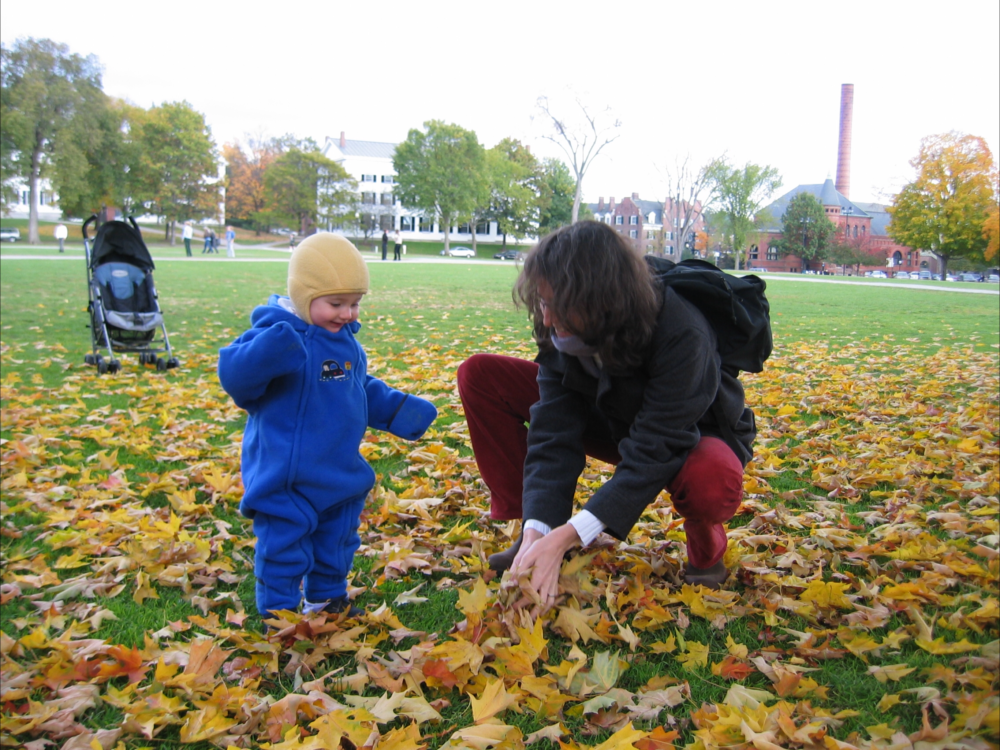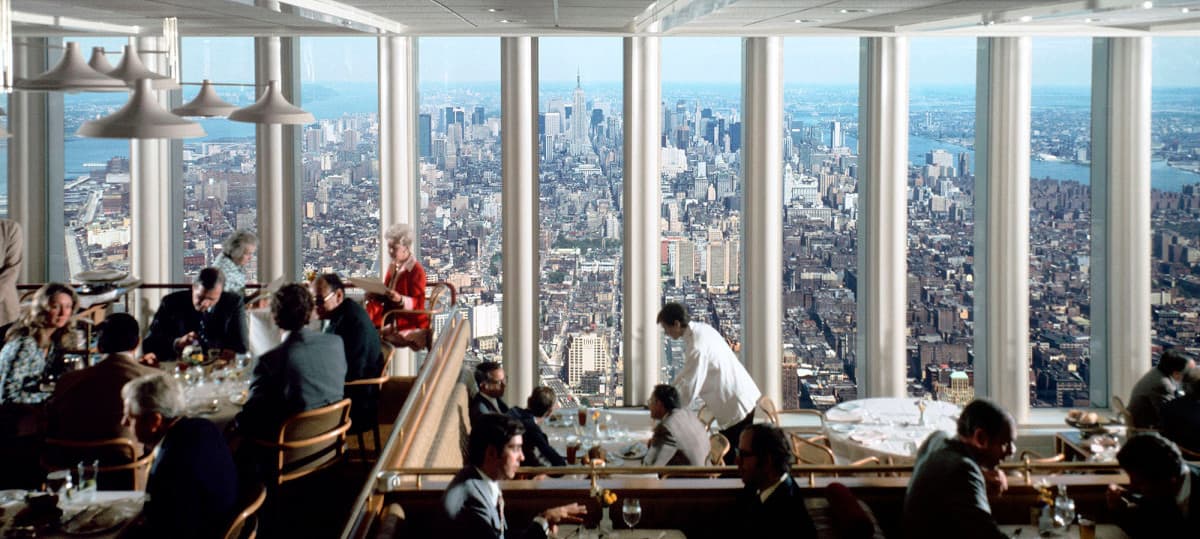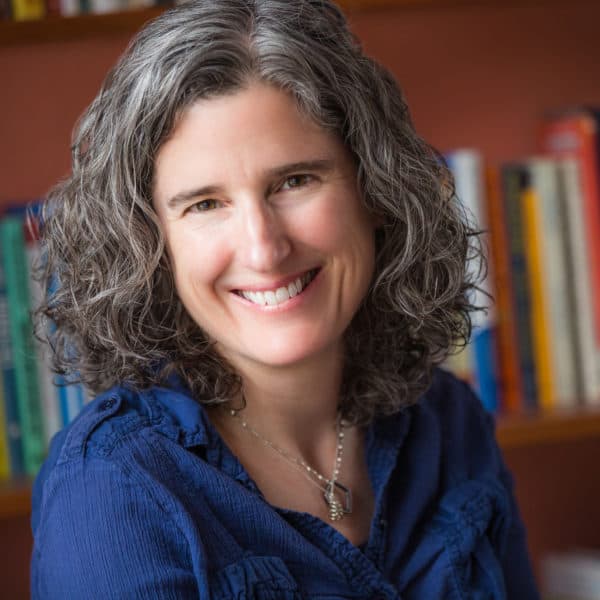Advertisement
Commentary
Sept. 11 Helped Us Discover A 'Small Dream': We Wanted A Family

My father once told me about a dinner he shared with my mother at Windows on the World restaurants on the top floor of the North Tower in New York City’s World Trade Center. My parents were young and above the clouds, where he said it was easier to imagine taking on life’s challenges. The dinner must have been a splurge for him, a Brooklyn son of Italian immigrants, and my mother, a Bronx daughter of Irish immigrants. I grew up in and around New York City. Every time I looked up at the Twin Towers after hearing that story, I imagined my young parents plotting out their lives.
Later, as an adult, I moved to New Hampshire to pursue a doctorate in mathematics at Dartmouth College. There, I married Esteban, who had moved to the United States from Argentina. On our wedding day, someone asked my mother-in-law when she expected grandchildren. “Es más probable que Susan dé a luz primero a un teorema matemático,” she said. Susan is more likely first to give birth to a mathematical theorem. I appreciated her assist in deflecting pressure to plot my life before I was ready.
Then one gloriously sunny morning — September 11, 2001 — Esteban headed to Boston’s Logan airport to leave for a business trip out west while I went for my annual pap smear. My gynecologist asked if I planned to have kids. “Someday," I said. She reminded me that I was “already 32.” I may have rolled my eyes.

As I drove back to my office on campus, I listened to a National Public Radio host talk with a New York City firefighter. One of the World Trade Center’s towers had been hit by a plane. But they were confused. One thought it was the north tower, and the other thought it was the south tower.
Given the time Esteban arrived at Logan, the terrorists likely flew right over him. It was the second time he came too close to evil. In 1994, he had been blocks away from his Jewish community center in Buenos Aires, the Asociación Mutual Israelita Argentina, when it was bombed by terrorists. He ran to the scene where 85 people died and hundreds were injured. After the first responders tended to the victims, he joined an organized, unsanctioned effort to scale the crumbling structure and rescue books from what had been Latin America’s largest Jewish library. The inscription of one book noted that it had been buried in a pail in Poland when the Nazis invaded.
No words helped in those first fragile days after 9/11. Yet Esteban and I discovered one small dream that day. We wanted to try to have a child while we could.
In November 2001, I watched a plus sign emerge in the small window of a pregnancy test. I closed my eyes, grateful for the life inside me but hyperaware that the towers in Manhattan still burned.
Advertisement
Esteban and I discovered one small dream that day.
Within a year, I birthed my daughter, and some mathematical theorems. I earned my Ph.D. in 2003 and we moved to live and work on the New Hampshire seacoast, where we also had a son. When our daughter grew old enough for kindergarten, the standard forms included one that granted the school permission to give her potassium iodide pills in the event of an accident at the nearby Seabrook Station Nuclear Power Plant — or “Seabrook” as everyone calls it, which made it sound benign. We needed to re-sign the forms each school year for each child until they graduated from high school, as if we needed annual reminders of the dangers our children face in this uncertain world.
In mid-March 2020, I took an afternoon break from work to meet my kids at the bus stop. On the walk home, I wondered out loud to my daughter, who was then a senior, “Maybe that was your last day at the high school.” She stopped and stared at me, trying to determine if I was serious. I told her that I didn’t know but that talk of the strange new virus had escalated since breakfast. That night, her school announced that it would close for two weeks. Soon after, it closed for the rest of the year. She got her first mask. But she never returned to high school as a student.
In late March 2020, amidst lockdowns and rising global COVID-19 deaths, my 9/11 baby received acceptance letters from an exciting array of colleges — all promising to open windows in her world. She asked for advice on how to make her first major life decision in circumstances that were unprecedented — that same unwanted word attached to 9/11.
I thought of my father, who had long since died. Maybe he would have suggested that she find a place above the clouds where she might think clearly. I thought of the 13 years’ worth of potassium iodide permission slips that offered some peace of mind — however faint — that she might be protected from disaster. I thought of how COVID-19 had already changed the shape of her entry into adulthood in ways I never could have predicted — and still did not fully understand.
“First, think with your mind,” I managed to say, recalling my decision to conceive her in the days after 9/11. “Then, follow your heart.”
